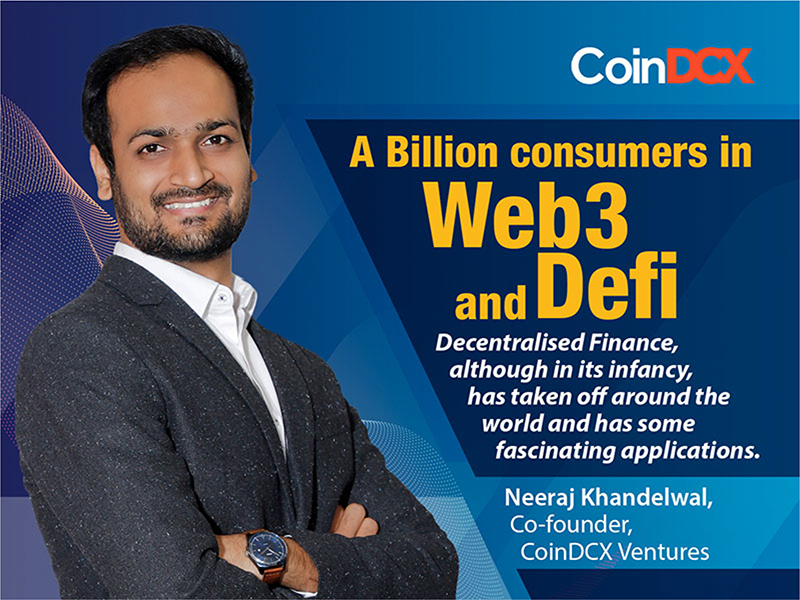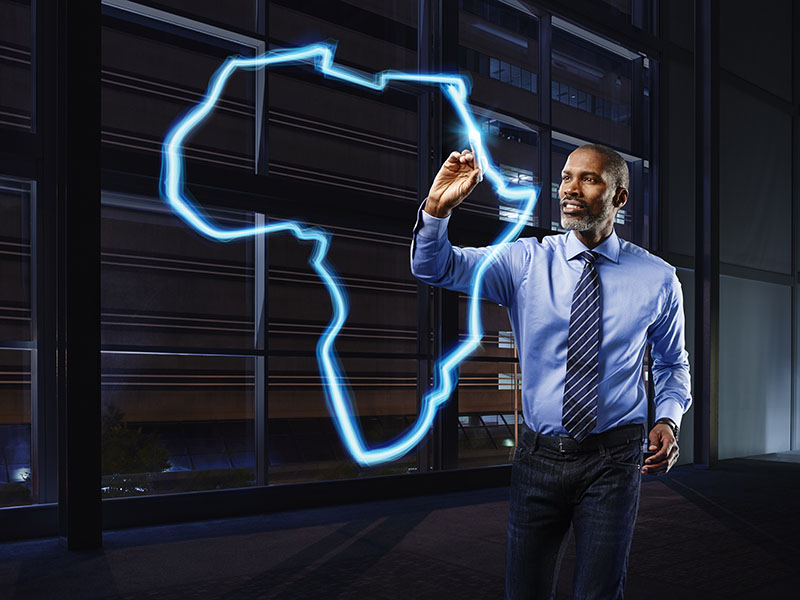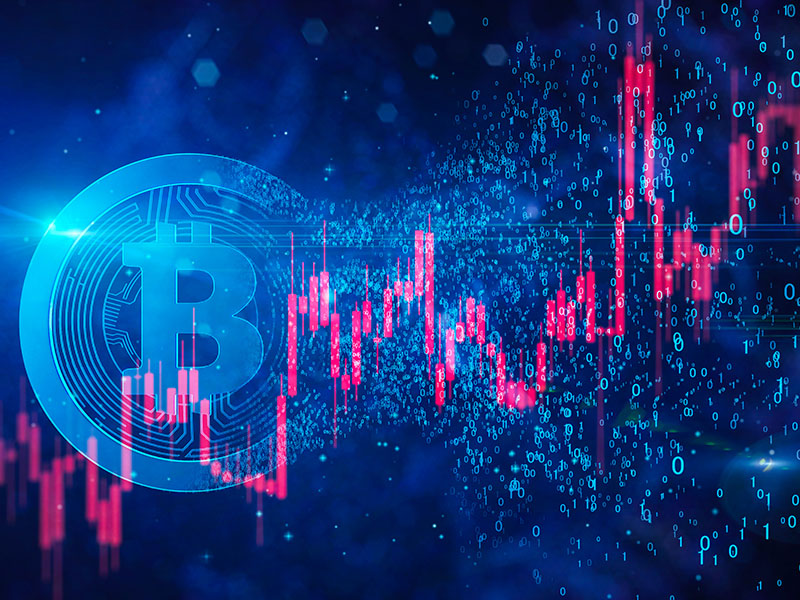
A Billion consumers in Web3 and Defi
Decentralised Finance, although in its infancy, has taken off around the world and has some fascinating applications
 Decentralised Finance is no longer merely a concept. According to The Economist, “the value of assets stored in this nascent financial system has climbed from less than $1 billion at the start of 2020 to more than $200 billion today”. Its merit lies in the decentralised nature of transactions that do not rely on any central authority. By design, the system is more transparent and reliable. Neeraj Khandelwal, co-founder of CoinDCX joins us to share his views around DeFi and what it has in store for us.
Decentralised Finance is no longer merely a concept. According to The Economist, “the value of assets stored in this nascent financial system has climbed from less than $1 billion at the start of 2020 to more than $200 billion today”. Its merit lies in the decentralised nature of transactions that do not rely on any central authority. By design, the system is more transparent and reliable. Neeraj Khandelwal, co-founder of CoinDCX joins us to share his views around DeFi and what it has in store for us.What is DeFi and Cefi? Do DeFi and Cefi need to co-exist to provide a boost to the native utilities of the future web3 platform?
Let’s start with CeFi which stands for our standard financial system where one entity controls that particular financial system, whether it be a bank or a stock exchange. It controls the rules of the games and governs what a customer can and cannot do. Now, DeFi is the financial layer of the decentralised Web3 ecosystem. This is a completely new concept where no single entity runs the financial ecosystem. Since it lacks a central authority, no company or an individual can tamper with the rules of the game. It's a democratic financial system. What makes it all interesting is that typically, decentralised finance is built on blockchain technology which is public in nature. All of the software is open source making the entire end-to-end process fair and transparent. Cefi and Defi will co exist because Cefi can ensure a good customer experience and Defi can ensure transparency, efficiency and openness. It's the best of both worlds.
Would you say that both decentralised and centralised finance need to go hand in hand such that they provide some sort of springboard for various applications of Web3?
Centralised finance has powered the economic growth across the last century, but in some areas it is becoming a bottleneck for growth and distribution of value to the common man. For example, inter-bank money transfers between different countries are costly. Expats have to cough up hefty fees to repatriate money back home. Similarly, think of the stock market which is open for institutional investors half an hour early as compared to the retail investors who lose out on the “time advantage”. I think, over time, those parts of the financial system will move towards a decentralised setup.
Do you think DeFi can be the decentralised layer of the centralised financial world? If yes, what are opportunities that await us?
Yes, I think we are headed towards a hybrid ecosystem. Centralised finance would continue to interface with the customer but the financial applications will be powered by Defi. Large trusted brands will continue to provide customers with the tools and seamless user experience to access this space, but behind the scenes, transactions and settlements will go on an open ledger blockchain, which I believe will make the financial systems more trustworthy.
What is the future of DeFi given that there are so many crypto companies globally trying their hand at it and what's the key differentiator?
Let me illustrate with an example, recently there has been a lot of news about some hedge funds in the cryptosphere plummeting. What is not so well known is that these funds in the middle of going bankrupt rushed to payback their DeFi loan obligations while they let their CeFi creditors hanging. They had to honour what they contracted with the DeFi protocol. There was no other way out of it. That is the power of DeFi. Irrespective of who you are, you will have to honour the contract that you entered in on a DeFi platform. And in the long run, I believe every financial institution including banks, stock exchanges, or any financial institution will be on DeFi.
What is the likelihood of DeFi adoption by the traditional banking and finance sector, which heavily rely on centralised servers?
I think it's going to be a difficult change because this would entail banks and traditional institutions letting go of some control. The underlying business model itself changes. But it will also be inevitable simply because I also believe that the world always moves towards systems which are more efficient in nature. Defi because of its openness, is far more efficient. Transaction costs tend to be 10x lesser. Assets can be transferred from point A on globe to point B in a matter of seconds at negligible cost. So irrespective of when banks adopt this, consumers will surely love to move on to Defi.
Do we have enough awareness and literacy to be able to understand real-world applications of DeFi?
Lot of work needs to be done there but simply because it's a new concept. In India, just 5-10% of all crypto investors have moved into DeFi. The potential to grow this figure is huge. Today, admittedly, building and using an application in DeFi is not that easy. The infrastructure is still under development. In 2021 alone, 35% of the overall VC investment in blockchain or crypto was to build the infrastructure. Customers, too, find it tricky to access DeFi applications because it's not as simple as downloading an app and signing up with a username-password. We at CoinDCX believe that education and user experience simplification are the most important areas for investment. We have been trying to solve things for developers as well as consumers so that the ecosystem can grow and thrive. I think in the next three to five years, DeFi is going to play a much larger role and then eventually enter into the mainstream.
And what do you reckon will be the proportion of centralization to decentralisation as a standard in the Web3 age? How will they stack up against each other?
That’s a good question. Today, there are roughly 300 million crypto investors globally. But active customers in Defi are just around 15 million. Now, I believe in the next three to five years, this number of 15 million could jump to 100 million very easily and Web3 will touch a billion lives by 2030. Web3 will cover domains like finance and entertainment that will all be powered with this decentralised backbone. One of the key barriers holding back mass adoption is “User Experience”, but this is changing with a lot of developer focus in this area. In the near future, I foresee all the CeFi platforms including a decentralised offering in their portfolio in some way.
So, it's more like they will not be at odds with each other but go hand in hand. When do you see DeFi becoming a part of the daily routine of people's lives? Or is it still too early to call that crystal ball kind of prophecy?
That’s very difficult to answer, but I think DeFi will reach a billion mark for sure. I think once it reaches the 100 million mark, then the growth will be exponential. DeFi will need to have other real-world asset classes like Gold, stocks, bond, real-estate in addition to Crypto. If that is ensured, then there's no way of stopping DeFi because it is efficient, economical and provides wider opportunities for everyone in the ecosystem. This is the right time to build in DeFi because it has all the necessary pre-requisites including talent, technology and market. So that's why at CoinDCX, we are very excited and we have been building in DeFi with our heads down and we'll continue to do that for the next few years to have a strong positioning in this space.
Can you point to some of the key challenges in building applications in DeFi and how can they be overcome?
DeFi is open in nature. That's a good thing, but at the same time it's also a challenge because it makes customers custodians of their own assets. Like in any growing and valuable industry, crypto will attract its share of bad actors who might want to misuse the technology. Working towards restricting these bad actors while retaining the open nature of crypto is a challenge the industry has been trying to solve. Regulators and government worldwide are also rightly concerned about this and are trying to comprehend the workings of DeFi. We are optimistic that together we shall find solutions for making DeFi safe and compliant to power the next generation of growth in finance and other applications.The pages slugged ‘Brand Connect’ are equivalent to advertisements and are not written and produced by Forbes India journalists.














